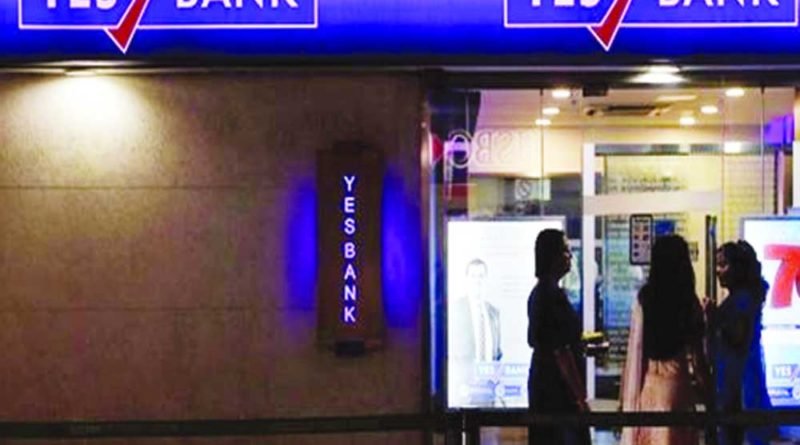Train wreck
We have heard it before, one man’s oversized ambition ruins thousands of innocent lives. Yes Bank reveals just that
One of the English metaphors often used to describe a disaster is “train wreck.” This is because train wrecks, particularly in the older steam-driven era, led to masses of piled and twisted metal. Added to this term is the expression, “you could see it coming” as often, accidents were inevitable. The Yes Bank crisis is a perfect example of the above-mentioned idiom. Not only is it a train wreck but one that almost everyone saw coming — the Reserve Bank of India (RBI), the Ministry of Finance, the Prime Minister’s Office, financial analysts and even Rana Kapoor, the one-time promoter of Yes Bank. For the last couple of years, the bank has been in a state of crisis. It had extended a series of dodgy loans, its financial position was in a shambles as it failed to raise market funds even as deposits began to thin out. A turbulence at the top, too, ensued. A fight between Rana Kapoor and his sister-in-law, Madhu Kapur, over control of the bank gradually degenerated into it being run into the ground. Madhu Kapur, as the courts have said, was concerned that Rana Kapoor, a visible face of the bank, was trying to shaft her and her daughter out of what her husband, Ashok Kapur, had jointly founded with Rana Kapoor. Ashok Kapur was one of the high-profile victims of the 2008 Mumbai terrorist attacks. To complicate matters, Yes Bank remained non-serious about finding an investor.
There is little doubt that the board of Yes Bank, when it was under Rana Kapoor’s control, failed in its fiduciary duties. Like several other companies that have been run to the ground, such as Kingfisher Airlines and Jet Airways, the board’s failure to rein in the ego and the grandiose plans of its promoters played an oversized role to land it in trouble. Independent and nominee board members seemed happy to pocket their attendance and fees while shirking any sense of responsibility. But unlike the Punjab and Maharashtra Cooperative Bank’s failure, which blindsided the Government and the Central Bank, the authorities are not wanting to take any chance now. The RBI had been questioning Yes Bank’s asset allocation and classification of bad debt ever since 2017. It was also in talks with bank officials and deliberated on ways to strengthen its balance sheet and liquidity. While the Central bank wasn’t running Yes Bank, for the past six months, it was fully aware about the day-to-day developments. The decision to supersede the board must not have been taken lightly. However, one should really question those who put their money in the bank. This was something that even a casual reader of the financial media would have known. Appropriate action should have been taken. The RBI has now initiated a rescue plan with the State Bank of India investing in it. But in the process, existing shareholders have found their holdings slashed. It is also rich that former Finance Minister P Chidambaram, under whose watch the bad loan crisis grew, is trying to pin the blame on the current Government, which has been trying to clean up the profligacy of the UPA years.
The Pioneer




